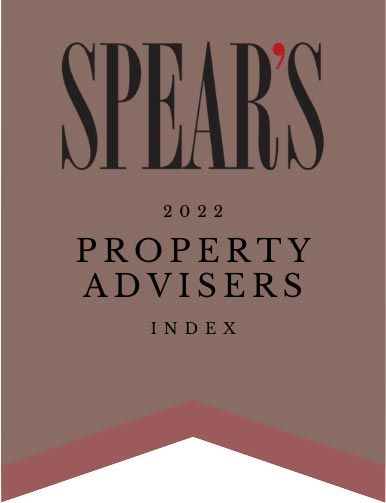On 23rd March 2023, the Bank of England announced a 0.25% increase in the base rate, taking it to 4.25%. In this blog, we bring together insights from our experts – Mark Pattanshetti, Petar Novakovic, Paul Welch, and Charles Ayton – to discuss the potential impact of this decision on mortgage consumers, homeowners, and the wider mortgage market during an uncertain economic environment.
The base rate increase was generally expected by the wider economy and the mortgage industry, although some external factors, such as recent bank failures in America and Europe, could have potentially influenced the decision. Both Charles and Paul agree that the current situation can be likened to the 2008 financial crisis, with increased fear among people and higher bank borrowing costs. They also observe that the mortgage market is constantly changing. Charles notes, “We’re seeing more players come into the market with more competitive rates, which is good news for those looking to remortgage or secure a new mortgage.”
The primary focus now is whether rates will remain the same or continue to rise, and how this will affect the economy. Mark comments, “The big question on everyone’s mind is where the economy and interest rates will be in six months. Our perspective is that the base rate has likely maxed out at 4.25% and that rates will start to reduce to 3.5% in 2024. Before the recent merger of UBS and Credit Suisse, we might have held a different view, but now we feel that the Bank of England will need to take a more cautious approach to raising rates.”
Paul predicts a rebalancing where people will have to adjust to the underlying cost of debt and Charles echoes this sentiment, noting that people have become accustomed to cheap borrowing and may find it difficult to adjust to higher rates.
Inflation, with an unexpected increase to 10.4% in February 2023, also remains a crucial factor, and the Bank of England’s primary goal is to bring that rate down. Paul says, “The government, specifically the Chancellor, should have been onto it earlier by increasing rates sooner in order to arrest this problem of rampant inflation.”
So, what does this mean if you have a mortgage? Let’s look at an example – the monthly payment increase for someone with a £500,000 mortgage. If their tracker rate, on an interest-only basis, was 5% they would be paying roughly £2,083 per month. With the 0.25% increase, their annual mortgage payment will now rise by approximately £1,200. This change is significant considering the current cost of living situation, and it will undoubtedly impact many people.
If you have a variable or tracker rate mortgage, we recommend reviewing your finances by speaking to a professional mortgage broker who can assess your current financial situation.
Petar says, “Looking ahead, 2024 could bring lower interest rates and a more stable economic situation. However, this remains to be seen. All that we can do is continue to monitor and analyse the situation as it develops and inform and support our clients as best, we can.”
As professional mortgage brokers, we are committed to helping clients navigate their mortgage positions and find the best terms. Paul assures, “We’ll do the best we can to help. So, if you have any questions, please get in touch. We are always here to support you in managing your mortgage dilemmas.”
We’d love to hear your thoughts on the base rate increase and its impact on mortgage consumers. Find us on social media, watch our latest videos, and let’s continue the conversation.




















